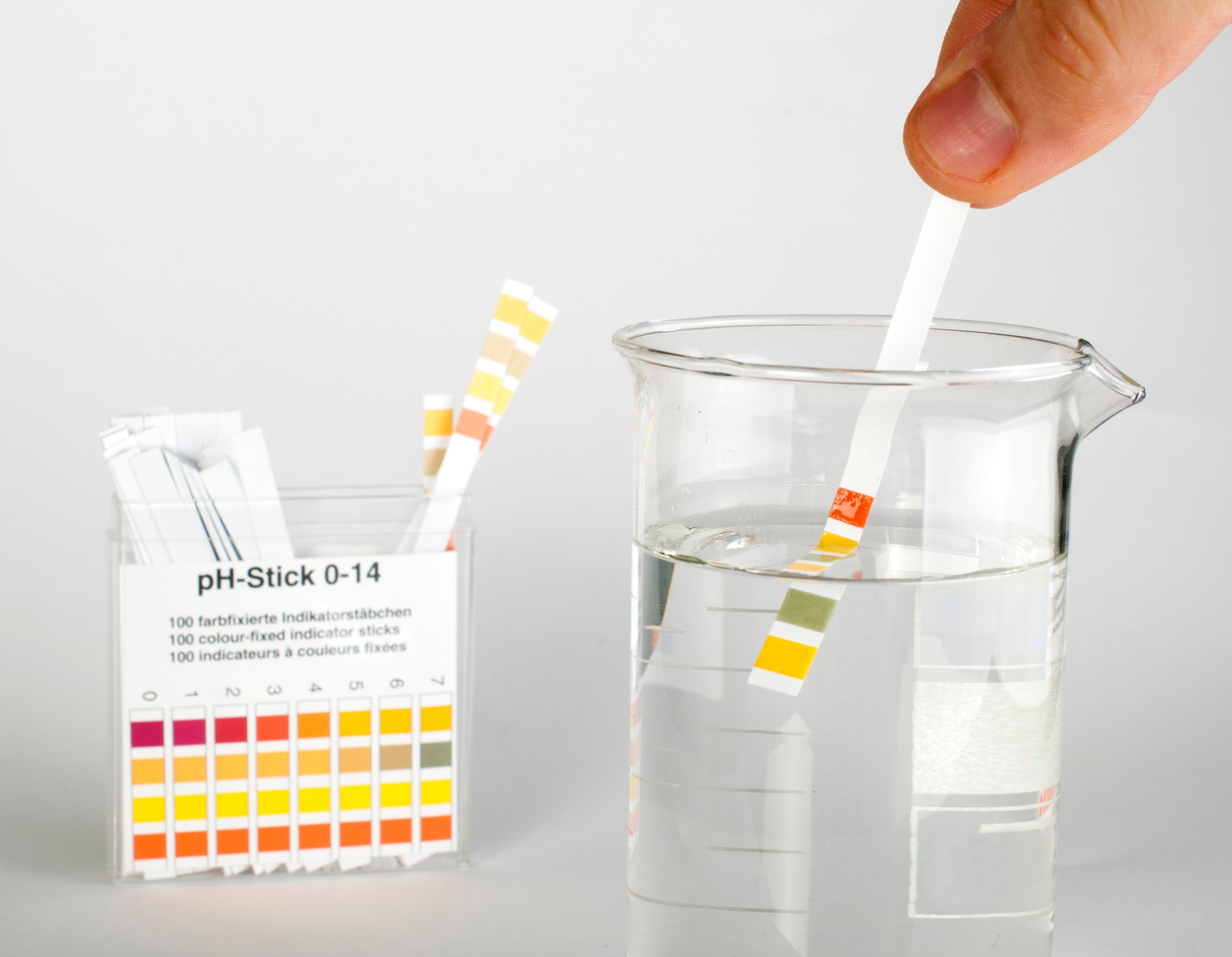
Understanding the pH Scale: What It Is and How It Works
The pH scale is used to measure how acidic or alkaline a substance is. A substance that measures at 7.0 is neutral, neither acidic nor alkaline. Anything lower than that number is acidic and anything higher than that number is alkaline. The measurement of the numbers in the pH scale represent the potential of Hydrogen ions in a solution. The potential of Hydrogen (pH) scale ranges from 0 to 14 — with 7 being neutral, numbers less than 7 representing acids and numbers greater than 7 representing bases (also known as alkalinity). And while you may have heard some pretty crazy things about the connection between your body’s pH levels and all kinds of other health issues, we’re here to give you a simple explanation of what exactly pH means when talking about your body.
What’s the right pH balance for your body?
Generally speaking, the right pH balance for your body is slightly alkaline so that your body can function at its best. Acids in your system are bad for you and can create some pretty serious health consequences. What’s ideal for you may change as you get older, so it’s important to monitor your pH levels regularly.
Why is understanding pH balance important?
Your body’s pH levels can tell you a lot about your general health and even your risk of developing certain medical conditions. Generally speaking, when your pH levels are too acidic, it can cause inflammation and make it difficult for your immune system to function properly. If your pH levels are too alkaline, it can lead to digestive problems and make it more difficult for your body to absorb nutrients from the foods you eat. When it comes to the health consequences of having too much acid in your system versus too much alkalinity, the negative side effects are pretty much the same. If your body is too acidic, it can lead to digestive issues and difficulty fighting off certain diseases. If your body is too alkaline, it can lead to digestive issues and difficulty fighting off certain diseases.
How do you measure your own pH balance?
Depending on what information you’re looking for, you can test your pH two ways — measuring your urine or saliva. You can purchase a pH strip at most drug stores. - pH strips are typically very affordable, costing you between $3 and $15.
What is the ideal pH balance for your body?
Proper pH levels vary throughout your body. Saliva ranges between 6.2 to 7.6, while urine is normally more acidic, especially in the morning due to the metabolic process of preparing for elimination. Health hint: when using pH strips to test your urine ignore the first urination in the morning —start with your next bathroom visit. For optimum health, the ideal blood pH levels should be slightly alkaline (range between 7.365 and 7.45). Sounds simple right? But not quite. That’s because the pH scale is logarithmic, meaning the difference between each whole number is equal to ten. Therefore a pH of six is ten times more acidic than a pH of seven. So it takes ten times the amount of alkalinity to neutralize an acid. For example, a jump from 7 to 6, for example, would take ten times the amount of alkalinity to neutralize. 7 to 5 = 100 times. 7 to 4 = 1000 times. 7 to 3 = 10,000 times.
Ways to maintain the right pH balance for your body
There are a few lifestyle changes you can make to help maintain the right pH balance for your body. First, increase your intake of fruits and vegetables. Fruits and vegetables are naturally alkaline and can help balance out all the acidic things you may be eating, like meat, caffeine, and certain beverages. Next, decrease your intake of meat. Meat is very acidic and can throw off your pH levels. Cut down on your intake of caffeine, as well. Caffeine is acidic and can negatively impact your pH levels. Finally, make sure you’re getting enough sleep each night. Not getting enough sleep can throw off your pH levels and make it more difficult to maintain the right balance in your body.
Final Words
Keeping your pH levels in check can be as simple as making healthier food choices. By increasing your intake of alkaline foods and decreasing your intake of acidic foods, you can make a big difference in your general health and the function of your immune system and health in general.